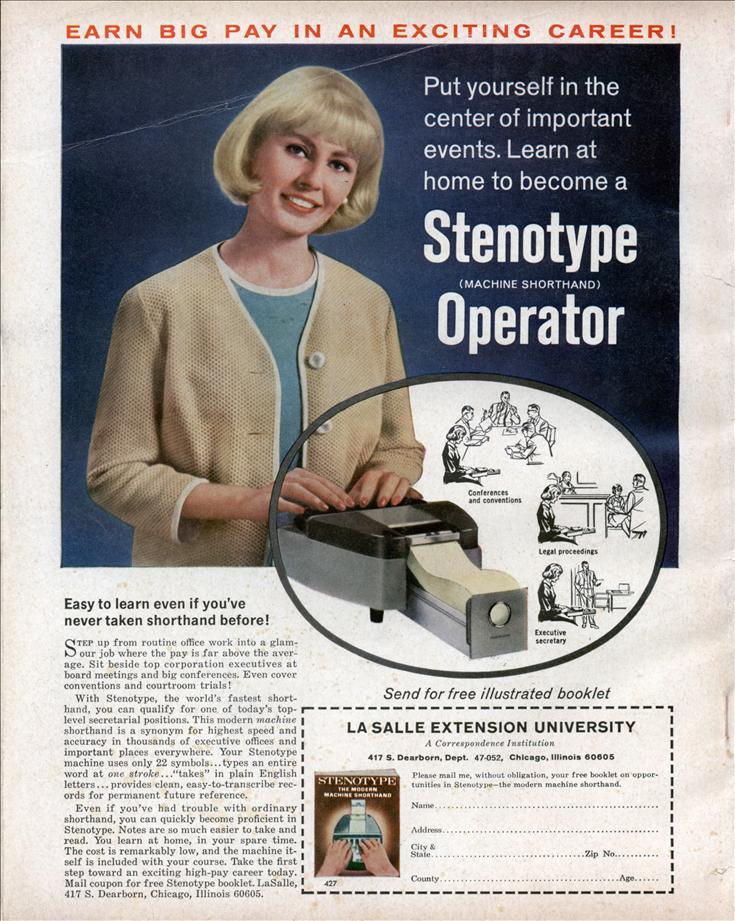Big Ideas from the Health & Benefits Leadership Conference
I'm just back from the 2nd Annual Human Resource Executive Magazine's Health & Benefits Leadership Conference in Las Vegas, which was a fantastic three days of content and sharing of ideas on the most pressing and important topics in the areas of employer benefits, healthcare, and maybe the most important one - how healthier employees create better business results.
To me, while the deep coverage and the analytical review of the various strategic decisions and then tactical execution challenges that most USA organizations are facing from the new Affordable Care Act rules and requirements, mostly due to (for an outsider like me), the almost impenetrable nature of what these new requirements actually are, were critically important to many attendees, it was the 'bigger' ideas that were presented at the event that will remain on my mind going forward.
I was fortunate enough to help host and moderate the Conference's 'Ideas and Innovators' session, a fast-paced forum for leading thinkers in the benefits, healthcare, wellness, and modern workplace space to present (in rapid 5-minute 'Ignite' style talks), their own disruptive and new ideas that will be impacting how organizations address the crucial challenges in benefits and employee healthcare going forward.
While all six talks presented in the 'Ideas' session were fantastic, (really you should have been there), I wanted to call attention to three of the most interesting or challenging 'Big Ideas' presented in the session, and share some links to additional resources for folks who might want to learn more and explore these ideas in greater depth.
Dr. Zubin Damania - Dr. Damania presented a fantastic talk about his company Turntable Health, who are creating a health and wellness ecosystem focused on primary and well care. The big idea is really kind of simple - by doubling down on the investment and time spent on prevention and keeping healthy before you get sick, people and organizations will see dramatic improvements in things like hospitalizations, ER visits, and more. While the idea is simple, the execution is very novel, with Turntable being at the forefront of trying to change how we think about and deliver care in a broader sense.
Lindsey Pollak - Bestselling author of Getting From College to Career, and the forthcoming Becoming the Boss, Lindsey presented a compelling and actionable series of ideas on just how organizations can better engage the next generation of their workforces in health and wellness programs and activities. Drawing on research collaboration with The Hartford titled 'Gen Y Speaks', Lindsey proposed that organizations should more fully embrace the characteristics of younger workers (desire for personalization, preference for modern technology, and relatively longer 'time to financial maturity', etc.), as they design and implement benefits packages, wellness programs, and overall workplace design. As it turns out, not just Gen Y values many of these things as well!
Brian Poger - Brian is the CEO of Benefitter, a company that focuses on helping organizations understand and and leverage the trillion (yes, that is trillion with a 'T') dollar pool of healthcare subsidies that are available. Brian's 'Big Idea' was truly challenging and provocative - that for many organizations and employees, that dropping employer-sponsored healthcare coverage altogether might be a win-win for both parties. Brian can help you do the math, but it just might turn out that for many employees at or lower than the median US income level, that dropping the coverage that you as an employer provide might be the next tool you can use to actually increase total compensation and improve access. Get in touch with Brian to learn more.
I'd encourage you to check out the interesting work being done by Dr. Zubin, Lindsay, and Brian, as well as the other superb presenters at the Ideas and Innovators session.
It was a really interesting and fun session with these and the other great presenters at the conference and if your job as an HR pro or leader touches how your organization delivers benefits or deploys programs meant to improve workforce health and well-being then you really should make plans to attend next year's Conference to be held in April 2015.
Thanks to program chair Jennifer Benz and Human Resource Executive for putting on such a great event and for allowing me to play a small part.

 Steve
Steve



